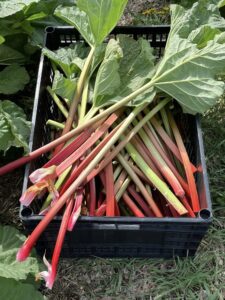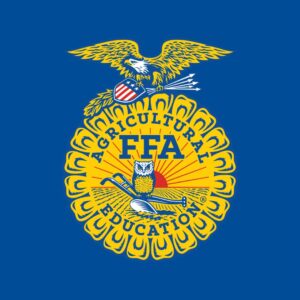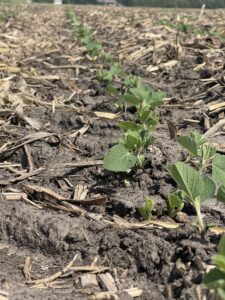As announced in the August 16, 2024, Constituent Update, FSIS will be adding H5N1 influenza A monitoring in dairy cows at slaughter to its already robust national surveillance programs for pathogens and chemical contaminants on September 16, 2024.
FSIS will leverage its existing National Residue Program (NRP) and conduct H5N1 sampling in the muscle samples of dairy cow carcasses already collected for this program. Samples will be tested by FSIS laboratory personnel using polymerase chain reaction (PCR) testing. Carcasses sampled under the NRP are held by establishments pending results of residue testing. This process will not require additional holding time for carcasses beyond current residue testing protocols. In the event of a positive H5N1 finding, USDA will work with industry to ensure the carcass does not enter the food supply.
This initiative builds upon three separate studies previously conducted by USDA. More information on those studies can be found at: Updates on H5N1 Beef Safety Studies | Animal and Plant Health Inspection Service.
FSIS will keep stakeholders informed of the results of the H5N1 sampling.
Reminder: FSIS to Onboard Mexico in PHIS Export Component
As announced in previous Constituent Updates, starting November 4, 2024, all FSIS meat and poultry product export certificates for products exported to Mexico will be generated, issued and officially maintained in FSIS’ Public Health Information System (PHIS). This change excludes certificates for casings and egg products. The Mexico PHIS Industry Test Environment (ITE) is currently available for testing.
All export certificates (FSIS Form 9060-5 series) generated through PHIS will be digitally signed by FSIS and will be printed on plain paper by industry personnel with PHIS access. These plain paper forms must include the PHIS-generated watermark. Any attestations for Mexico, as documented in the FSIS Export Library, will be captured in the FSIS Form 9060-5 remarks section or the FSIS Form 9060-5B (continuation sheet). The digitally signed FSIS Form 9060-5 series printed on plain paper, with a watermark, and available for validation in PHIS will replace all letterhead certificates for meat and poultry exported to Mexico. Beginning November 4, 2024, no wet-signed 9060-5 series export certificates, including letterhead certificates, will be issued for meat and poultry products for export to Mexico.
Industry is strongly encouraged to use the ITE to test application submittals for export to Mexico. Testing instructions for industry are available on the FSIS website, PHIS Components page, under Information for Industry. Please note that an electronic identification account with identity verification steps is required for all persons who will access PHIS, for both the test environment and the live production environment. User accounts are disabled for those who have not used PHIS in 60 days. For those new to the PHIS export component, please register with Login.gov to initiate, update, or complete the electronic identification account and the PHIS enrollment process. Instructions can be found in the PHIS Industry User Guide, section 2 (Overview of PHIS).
As noted in previous Constituent Updates, industry is strongly encouraged to ensure establishment information in PHIS is aligned with Mexico’s approved establishment list. Misaligned information risks held or rejected shipments upon Mexico’s implementation in PHIS.
For further guidance on PHIS export and enrollment, please refer to the following user guides:
- PHIS Industry User Guide
- Editing 9060 Records Quick Reference Guide
- PHIS Quick Reference Guide for Corporate and Establishment Management
Please contact internationalcoordination@usda.gov with questions regarding these changes. Technical questions can be directed to PHISTechnicalQA@usda.gov.
Upcoming Events
- 2024 National Advisory Committee on Meat and Poultry Inspection Meetings: September 16 and 17, 2024, 10 AM-4 PM ET.
- National Advisory Committee on Microbiological Criteria for Foods Meetings: September 24, 10 AM-12 PM ET, and September 26, 2024, 4 PM-5 PM ET.
***Courtesy of the U.S. Department of Agriculture***













